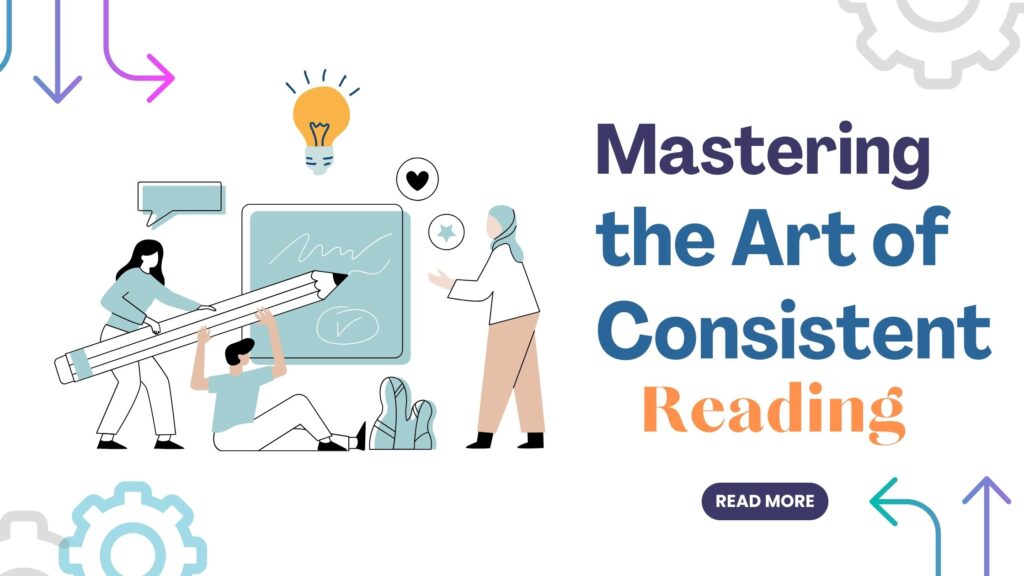
Personal development is an incredibly powerful tool that can help individuals grow and thrive in various aspects of their lives. By focusing on self-improvement and continuous growth, personal development enables individuals to enhance their self-awareness, improve relationships, enhance career prospects, achieve personal goals, and ultimately live a more fulfilling life. In this blog post, we will explore the key areas of personal development, strategies for personal growth, and why continuous personal development is so important.
Key Areas of Personal Development
Self-awareness and self-reflection
Self-awareness is at the foundation of personal development. It involves understanding your values, strengths, and weaknesses, and developing a strong sense of self-identity. Through self-reflection, you can gain a deeper understanding of your emotions, behaviors, and beliefs, which allows for personal growth and the ability to make positive changes in your life.
Communication and interpersonal skills
Effective communication and strong interpersonal skills are essential for building strong relationships. By improving your communication skills, you can express your thoughts and ideas more effectively, listen actively and empathetically to others, and build meaningful connections. These skills not only enhance personal relationships but also contribute to success in both personal and professional environments.
Time management and productivity
Time management is a crucial aspect of personal development. By setting priorities, managing time effectively, and overcoming procrastination, you can increase productivity and accomplish more in your personal and professional life. Effective time management frees up valuable time for other activities and allows for a better work-life balance.
Goal setting and achievement
Setting and achieving goals is a fundamental part of personal development. By setting SMART goals (Specific, Measurable, Achievable, Relevant, Time-bound), creating a plan of action, and persisting through obstacles and setbacks, you can transform your dreams into reality. Goal achievement provides a sense of accomplishment and motivation, fueling continuous personal growth.
Continuous learning and development
Embracing continuous learning and development is essential for personal growth. By keeping up with new trends and technologies, expanding your knowledge and skills, and seeking out new challenges, you can stay ahead in an ever-evolving world. Continuous learning fosters adaptability, resilience, and opportunities for personal and professional advancement.
Strategies for Personal Development
To embark on a journey of personal development, here are some strategies you can implement in your life:
Set specific and measurable goals
When setting personal development goals, make them specific and measurable. This clarity allows you to track your progress and adjust your approach if necessary. For example, instead of setting a goal to “improve communication skills,” set a specific goal like “participate in a public speaking workshop and deliver a presentation to a group of colleagues.”
Create a personal development plan
By creating a personal development plan, you outline the steps you need to take to reach your goals. Break down your goals into smaller, achievable tasks and allocate time and resources accordingly. Your plan should cover various aspects of personal development, such as self-awareness, communication skills, time management, goal setting, and continuous learning.
Seek out mentors and role models
Mentors and role models can provide guidance, support, and inspiration on your personal development journey. Look for individuals who have achieved success in areas you aspire to grow in and seek their mentorship. Their experiences and advice can offer valuable insights and help you navigate challenges along the way.
Read books and articles on personal development
Reading is a powerful tool for personal development. Seek out books and articles that cover topics related to self-improvement, communication skills, time management, goal setting, and continuous learning. Engage with the material actively by taking notes, reflecting on the content, and applying what you learn to your own life.
Attend workshops and seminars
Workshops and seminars provide opportunities for interactive learning and skill development. Look for workshops and seminars focused on personal development topics like communication, time management, goal setting, and self-improvement. Participating in these events can expose you to new ideas, strategies, and perspectives, enhancing your personal growth journey.
Practice self-reflection and journaling
Regular self-reflection and journaling allow you to gain deeper insights into your thoughts, feelings, and experiences. Set aside time to reflect on your actions, reactions, and decisions. Consider writing in a journal to capture your reflections and track your personal development progress. This practice promotes self-awareness and self-improvement.
Seek feedback from others
Feedback from others provides valuable perspectives and insights that can help you grow. Seek feedback from trusted individuals, such as mentors, colleagues, and friends. Be open to constructive criticism and use it as an opportunity to identify areas for improvement and personal growth.
Conclusion
Personal development is a transformative process that allows individuals to unlock their full potential and live a more fulfilling life. By focusing on self-awareness, improving communication and interpersonal skills, mastering time management, setting and achieving goals, and embracing continuous learning and development, personal growth becomes an ongoing journey of self-improvement. Embrace the power of personal development in your life, and watch as you thrive in all areas of your life. Start your journey today!
“The power of personal development lies in our ability to take ownership of our growth and embrace continuous improvement.” – Anonymous


